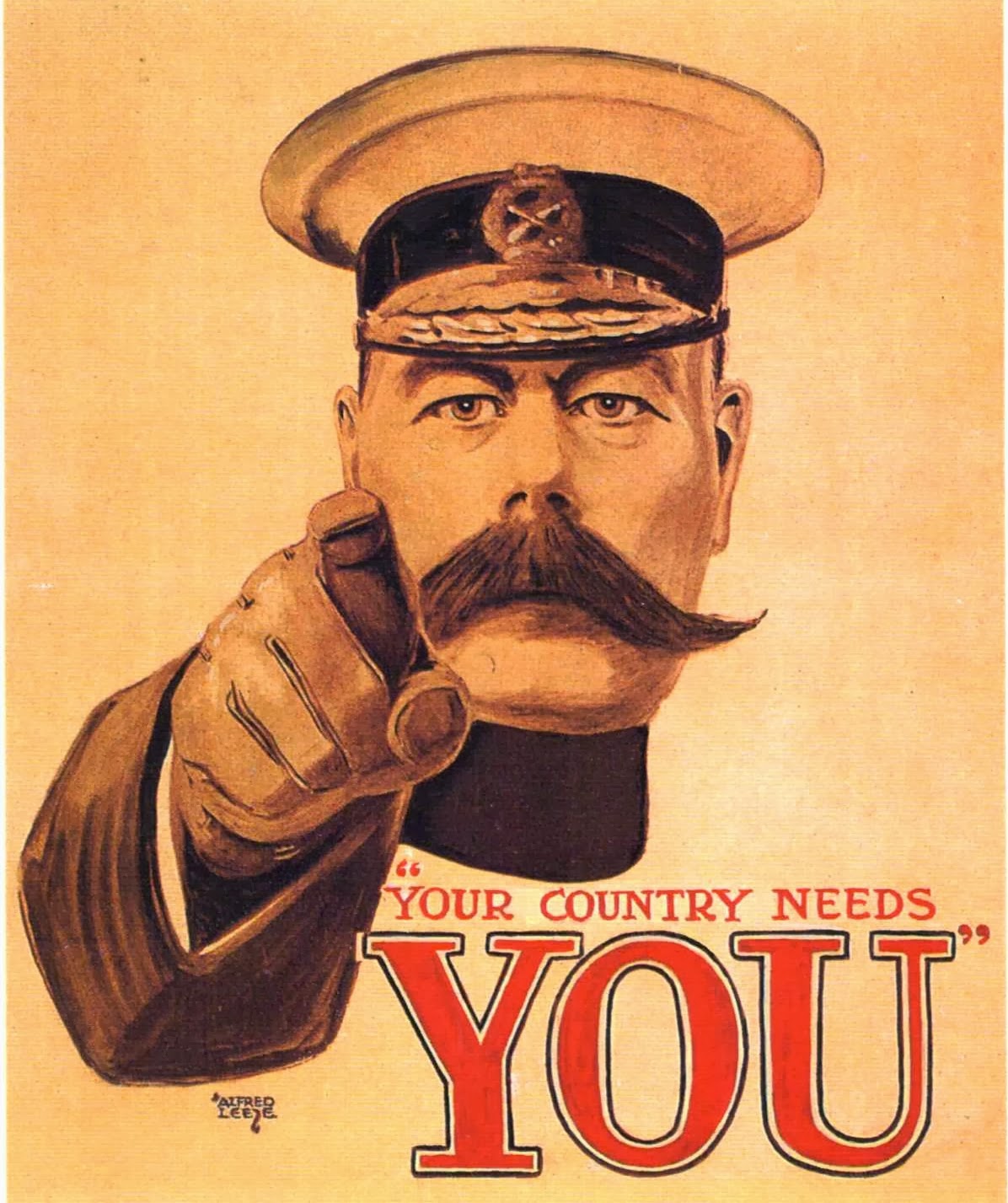'Welcome to Chile,' say these hobby horses, 'Enjoy the warm weather, don't be a Canadian sourpuss!'
I'm in Arica, scene of one of South America's major battles. Think the War of the Pacific was from 1941 to 1945? Don't tell Chileans, Peruvians and Bolivians. In 1879, during their War of the Pacific, Chile took El Morro - the substantial rock below - from Peru and claimed the town.
_________________________
Coincidentally, as Minerva crossed the maritime border between Peru and Chile, the International Court of Justice at The Hague was about to rule on the latest boundary issue involving the two countries. Peru is hoping for a legal win following its defeat in the War of the Pacific. Nationalist memories here are long.
(Two days later: the court's ruling, affecting large fishing areas of the Pacific Ocean, largely seems to be in Peru's favour. Where I walked out of the port into Arica, a few dozen Chilean fishermen protested and were dispersed by a police water cannon.)
(Two days later: the court's ruling, affecting large fishing areas of the Pacific Ocean, largely seems to be in Peru's favour. Where I walked out of the port into Arica, a few dozen Chilean fishermen protested and were dispersed by a police water cannon.)
_________________________
Aside from ignorance of the Guerra del Pacifico, I'd no idea Gustav Eiffel so influenced a then relatively remote place on the edge of the Atacama Desert.
The 1876 cathedral, unusually made of iron, was built in Eiffel's French workshops and shipped out.
I'm quite taken by the lights, but my Spanish isn't up to discovering whether they're Eiffel's work.
The provincial government building is Eiffel's ...
... as is the customs house.
In the old railway station, I discover an equally old railway car now as motionless as the dogs.
The station is closed. In the Twenties, trains ran 1,865 miles (3,001 km) from Arica in the north to Puerto Montt in Chile's south.
In the central market are reminders of an 1868 earthquake and tsunami that largely destroyed the town. Apologies for reflections, but I hope you get some idea of the destruction's extent.
In the central market are reminders of an 1868 earthquake and tsunami that largely destroyed the town. Apologies for reflections, but I hope you get some idea of the destruction's extent.
Exploring Arica on my own is a pleasure.
This is the charming and historic Peruvian consulate.
I conclude my visit with a story told by the retired diplomat aboard Minerva. Dick Wilkinson has been British ambassador in Venezuela and Chile. Arica, he mentioned, was once sacked by Sir Francis Drake, hero to the British, pirate to the onetime Spanish colonies of South America. Nowadays, said Her Britannic Majesty's former envoy, Chilean mothers tell naughty children, 'If you don't behave, the devil Drake (el diablo Drake) will come and get you!'
_________________________
A table companion for some nights has been a real Lady what's-it, whose name I shan't mention. Ninety at a guess, she introduced herself with no mention of title and asked if she could join us. Dinner conversation turns to her uncle, Lord Kitchener, present for history's last great cavalry charge at Omdurman, and commander of the British Army in the Boer War.
As Secretary for War, Kitchener formed the 'New Armies,' later to be slaughtered on the Somme. History is now often depressingly optional at school, so Kitchener is perhaps best known as the subject of a World War One poster.
With a slew of Great War anniversaries about to commence, that of the start of the Battle of the Somme will be on July 1, 2016. I hope to be where the Newfoundland Regiment went 'over the top'. Below is a link to my most recent visit to the Western Front.
.jpg)
.jpg)
.jpg)
.jpg)
.jpg)
.jpg)
.jpg)
.jpg)
.jpg)
.jpg)
.jpg)
.jpg)
.jpg)
.jpg)
.jpg)
